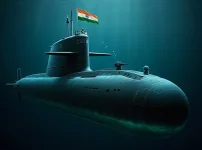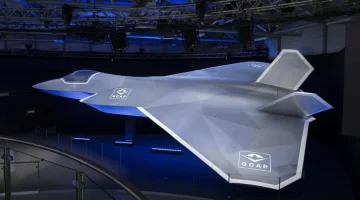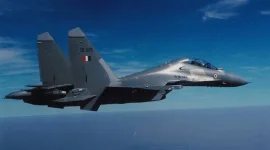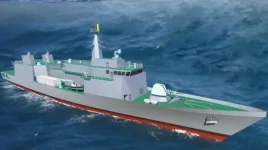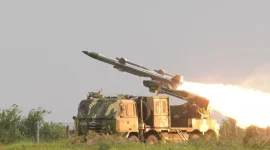
New Delhi – Philippines Ambassador Josel Francisco Ignacio emphasized the deepening bilateral relationship between the Philippines and India during the country's Independence Day celebration held at the Philippines embassy in Delhi last week.
"The Philippines' partnership with India has become increasingly prominent. It is a relationship built upon over a millennium of contacts and 75 years of diplomatic engagement," Ambassador Ignacio stated.
Defence and Security Cooperation
Ignacio highlighted the remarkable growth in defence and security cooperation over the past decade. He mentioned the diverse areas of collaboration, including "security and defence training, naval port calls, equipment, and technology."Notably, the Philippines began receiving BrahMos supersonic cruise missile systems from India earlier this year as part of a $375 million deal signed in 2022. Recent visits by Indian Navy ships INS Delhi, INS Shakti, INS Kiltan, and an Indian coast guard vessel further underscore the growing defence ties. The Philippines has also shown interest in acquiring India's Advanced Light Helicopter.
Economic Partnership
Economic relations between the two countries have also reached new heights in recent years. Indian companies are playing a vital role in the "Philippine infrastructure, transport, and ICT" sectors, according to Ignacio.He also noted that Philippine companies are increasingly targeting India's expanding market, contributing to bilateral trade expansion and economic interdependence.
People-to-People Connections
"People-to-people exchanges have always been at the heart of the relationship," Ignacio said, expressing pride in the Filipino community in India and the growing number of Indians in the Philippines. Efforts are underway to enhance air connectivity between the two countries to further facilitate these exchanges.Looking Ahead
Ambassador Ignacio expressed optimism about the future of bilateral relations. "Our 75 years of diplomatic ties will see our country's opening a new pivot, improving the partnership with an even more strategic, mutually gainful approach," he predicted.The celebration was attended by the new minister of state in the Ministry of External Affairs, Pabitra Margherita, representing India.

